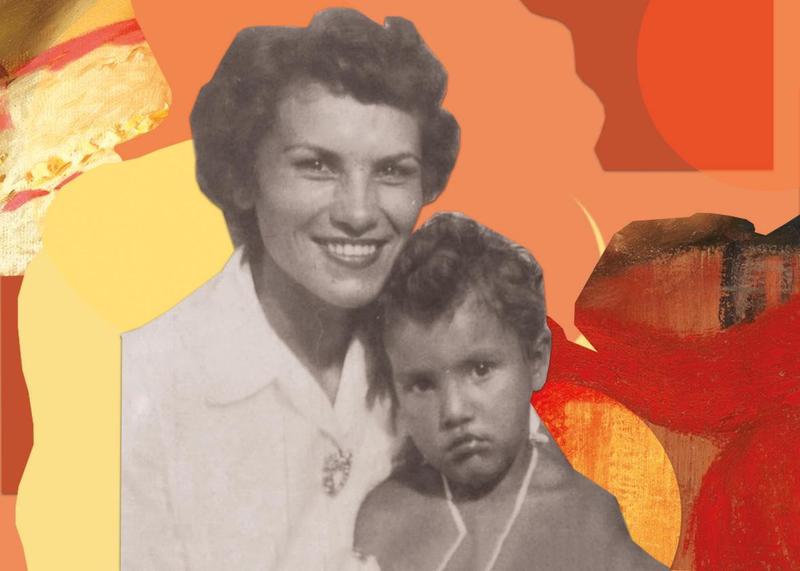Language-External Context
Sherman Alexie was born in 1966 in Spokane, Washington, and grew up on the Spokane Indian Reservation. He is open about life on the "rez," as he calls it, noting that alcoholism, sexual assault, violence, and trauma are synonymous with reservation life in his mind.
Alexie's mother Lillian Agnes Cox was of Colville, Choctaw, and Spokane descent, and his father Sherman Joseph Alexie was a member of the Couer d'Alene tribe. His parents battled alcoholism, and You Don't Have to Say You Love Me opens with a troubling story about a New Year's Eve party when Alexie was just six years old. The party takes place at his house, in which various people he knows to be child molesters are present. Alexie barricades himself and his siblings in a bedroom. His father ends up in a drunken fight. The next morning, his mother Lillian makes the decision to never drink again. However, his father continues to go on week-long drinking binges to his Couer d'Alene reservation. Alexie notes that his father wasn't often present because of alcoholism. His mother was emotionally and physically abusive at times.
In one piece of prose, "All My Relations," Alexie describes how every person he knows is involved in violence or trauma of some sort - fighting, alcoholism, stealing, vandalism, sexual assault, murder, robbing. In an interview with Terry Gross of NPR (National Public Radio), Alexie says, "When you tell the truth, it's naturally going to offend people afraid of the truth, afraid of what the truth might force them to do. Especially other artists, academics, intellectuals, writers in the Native world have to reconcile and reckon with their own lives, their own families" (Gross, NPR)
When asked by Ase Nygren if he intentionally began writing with political ambitions in mind, Alexie responded that he began by writing the truth. However, people's ideas of what Native American authors were supposed to be writing contradicted the truth. "Even though much of my early work deals with alcohol and alcoholism because of personal experiences, I got a lot of criticism because alcoholism is such a loaded topic
for Indians. People thought I was writing about stereotypes, but more than anything I was writing about my own life. As an Indian, you don't have the luxury of being called an autobiographical writer often. You end up writing for the whole race" (Nygren, 5)
Alexie's mother was one of the last speakers of Salish, the Native language of the Spokane tribe. Alexie notes that Salish provided a strong connection with her own mother, Big Mom, an important spiritual figure in the Northwest. "But more than that," he says, "it's a connection to thousands and thousands of years, millennia of tribal culture of words and concept and songs and stories that had been told for thousands and thousands of years. So my mother in speaking the language felt ancient. And I mean, she became highly contemporary in all sorts of ways and very assimilated in all sorts of ways, but speaking the language made her an iconoclast" (Gross, NPR)
Alexie writes from a place of truth, sharing the intimate details of how life as a Spokane Indian was far from perfect. The Spokane Indians feel distanced from their ancestral culture in many ways, and Alexie attempts to make sense of why that is through this memoire.
